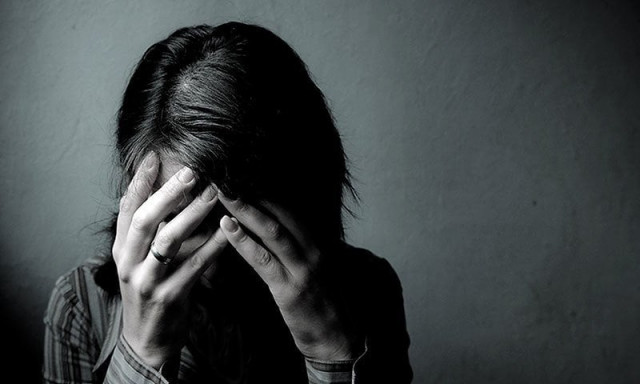Why suicide rates peak in spring?
Relation between sunlight and depression is still incomprehensible to human beings

Relation between sunlight and depression is still incomprehensible to the human being. PHOTO: FILE
Investigating this tendency, Professor of Psychology at University of Uppsala in Sweden, Papa Dopoles says "if the suicide rate occurring in winter season is taken as the standard suicide rate, the suicides taking place in the spring will probably increase by 20 to 60 per cent".
This phenomenon sounds weird. Often, the depression or bad mood is discussed in relation with low-sunlight exposure days. But why do the facts present a contradictory scenario?
A possible reason to it can be the changes in serotonin levels. Serotonin is a neurotransmitter in the brain. Research has revealed that increased exposure to the sun produces excessive amount of serotonin in the blood. Which is why, its quantity in the human body elevates during the summer season.
My girlfriend has suicidal tendencies. How should I break up with her?
Another reason to it can be, the selective serotonin re-optic inhibitor anti-depressant (medication to curb depression), which works on increasing the serotonin levels often become the cause of suicide in patients as well.
Doctor Foots Papa Dopoles while briefing on the matter says "when we prescribe the medication for depression to patients, we know that it takes 3 to 4 weeks in betterment of the patient’s mood. During this period, some people experience mood changes, which can worsen their state. It is likely for sunrays to produce the similar contradictory effect as these medicines have on the mood of people".
Doctor Dopoles have examined 1,200 suicide cases according to seasons. He has found similarities between the mood of people and the hours spent in sun exposure. But these similarities vanish when the seasons during which these hours have been spent, are taken into account. Dr Dopoles terms it as a theory related to serotonin.
Other theories concerning the subject are present as well, for instance, the theory of chemical changes in the brain produced by excessive pollination occurring in the spring.
Tudor Postlash, a professor of Psychology at the Maryland School says "this sounds unrealistic that pollination of plants and seeds can be the cause of suicide in human beings. But, we have found similarities among the increased pollination rate and suicide committed by women".
Furthermore, he added, medicines employed for the treatment of pollens can also trigger depressive thoughts in some people.
The relation between sunlight and depression is still incomprehensible to human beings. However, it is important to highlight that; whatever relationship is there, it affects an extremely low percentage of humans while further research in this area is also needed.
This article originally appeared on BBC Urdu



1726734110-0/BeFunky-collage-(10)1726734110-0-208x130.webp)















COMMENTS
Comments are moderated and generally will be posted if they are on-topic and not abusive.
For more information, please see our Comments FAQ